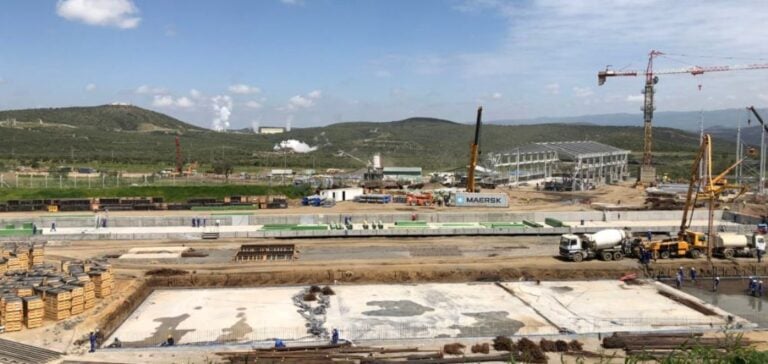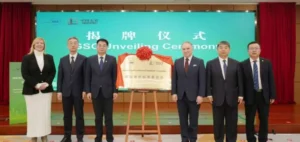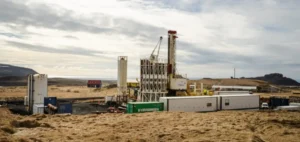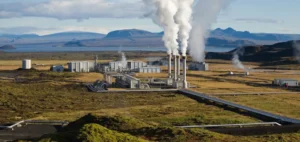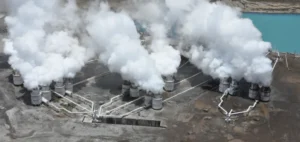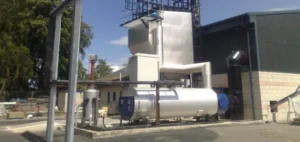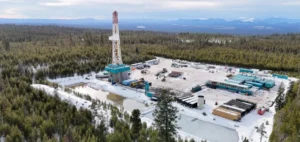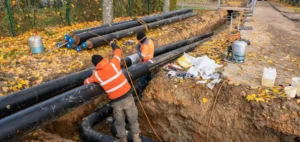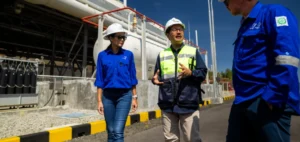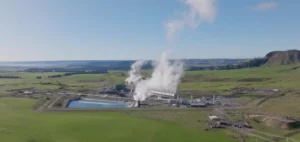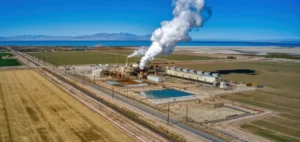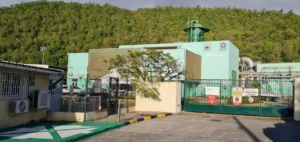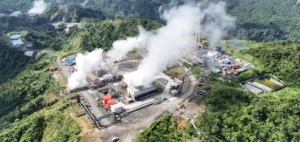X-Caliber Rural Capital, through its affiliate XRL-ALC, LLC, announces $100 million in financing for the initial phase of Fervo Energy’s Cape Station geothermal project, located in Beaver County, Utah.
The financing takes the form of a bridge loan and supports the development of the largest new-generation geothermal facility to date.
The aim of the project is to strengthen the region’s renewable energy supply and meet growing demand, particularly in California.
Phased development for 400 MW production
The Cape Station project is designed to be built in several phases.
Phase I aims to generate 90 MW by June 2026.
Eventually, the site should reach a total capacity of 400 MW, providing continuous and stable power to the electrical grid.
X-Caliber’s financing covers the costs of both underground development (wells, road and access infrastructure) and surface development (construction of power plants and distribution networks).
This project is presented as a model for the use of enhanced geothermal energy (EGS) to stabilize energy supply and meet the challenges posed by fluctuations in demand.
Fervo Energy has already signed long-term sales contracts with California utilities, guaranteeing the sale of production over a 15-year period.
These sales agreements are a major asset in ensuring the long-term profitability of the project, at a time when technological innovation is essential for the country’s energy future.
Economic outlook and challenges for the sector
Local economic spin-offs are also central to Cape Station’s objectives.
The project is expected to generate some 6,600 jobs during the construction phase and 160 permanent positions once the plant is operational.
In addition, an investment of $1.1 billion is anticipated to boost local businesses and supply chains.
Projects of this type are often seen as levers for stimulating the economy in rural areas, where development opportunities are fewer.
For Fervo Energy, this project also marks a first as an industrial-scale geothermal development.
The company was recently selected to receive a $25 million grant from the Department of Energy’s EGS Pilot Demonstrations program, illustrating recognition of its potential to play a leading role in renewable energy in the United States.
The challenges of integrating new technologies into the energy mix
In an environment where rising power consumption, driven in particular by the growth of data centers and advanced technologies, is testing the capacity of existing networks, solutions such as those offered by Cape Station are of strategic importance.
According to the Electric Power Research Institute, electricity demand could double by 2030.
The ability of geothermal projects to provide reliable baseload power without depending on weather conditions makes this technology an attractive alternative to other intermittent renewable energy sources.
However, Cape Station’s success hinges on several critical factors: obtaining all the necessary permits, acquiring major electrical equipment and securing essential transmission rights.
Added to these challenges is the need to control drilling and extraction costs, aspects which directly influence the economic viability and competitiveness of the project in relation to other energy sources.
Implications for the future of renewable energies
X-Caliber Rural Capital’s financial support for the Cape Station project is an indicator of the growing confidence in enhanced geothermal technologies and their potential to transform the American energy landscape.
By strengthening local energy production capacities, this project could serve as a model for other similar developments, both in the United States and internationally.
The finance sector is playing an increasingly crucial role in the energy transition by supporting innovative projects capable of meeting today’s market challenges.
Economic players, whether investors, developers or utilities, are keeping a close eye on these developments and seeking to adapt to new industry dynamics.
X-Caliber’s financing of the Cape Station project could encourage other players to follow suit, further strengthening geothermal energy’s position in the renewable energy market.


